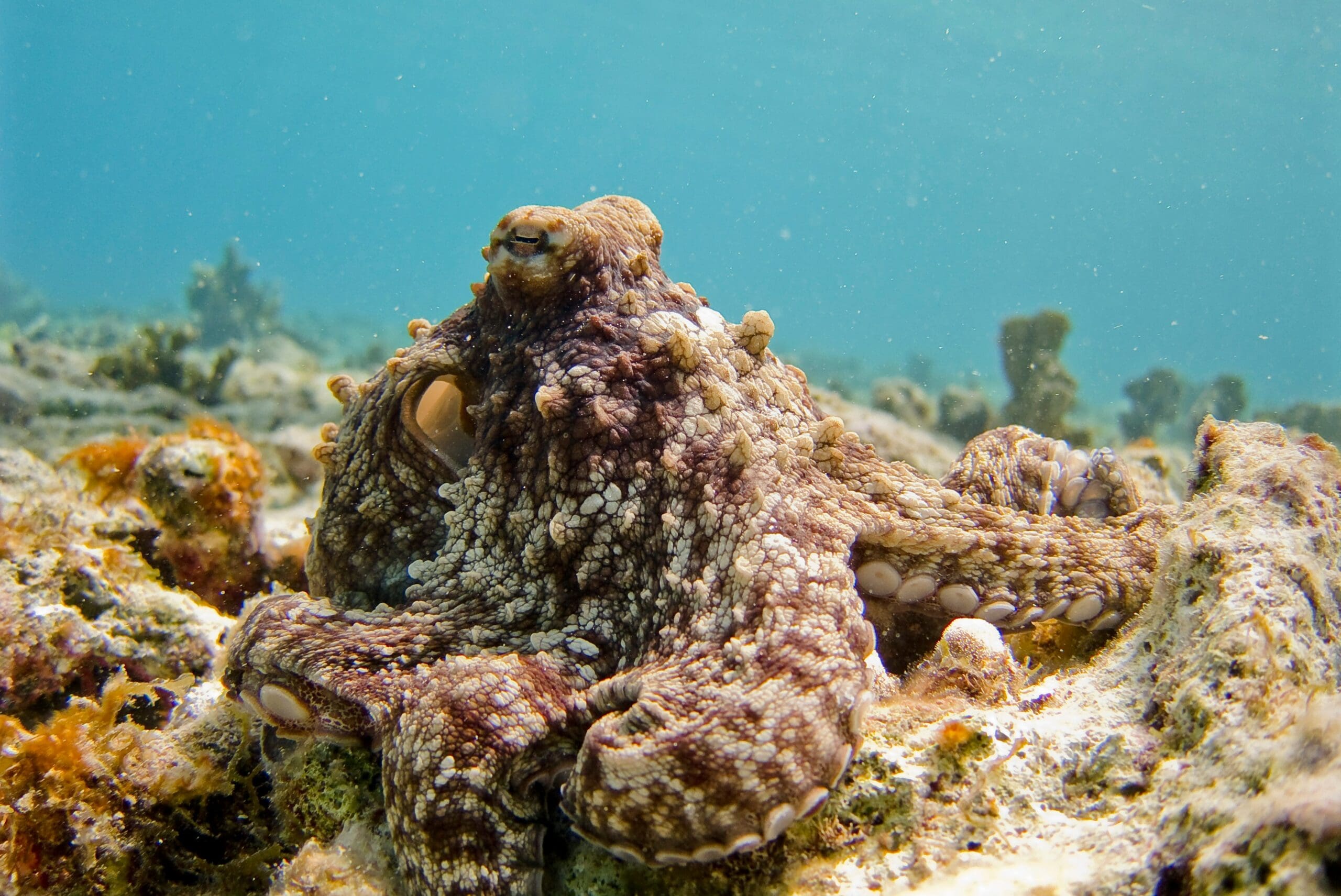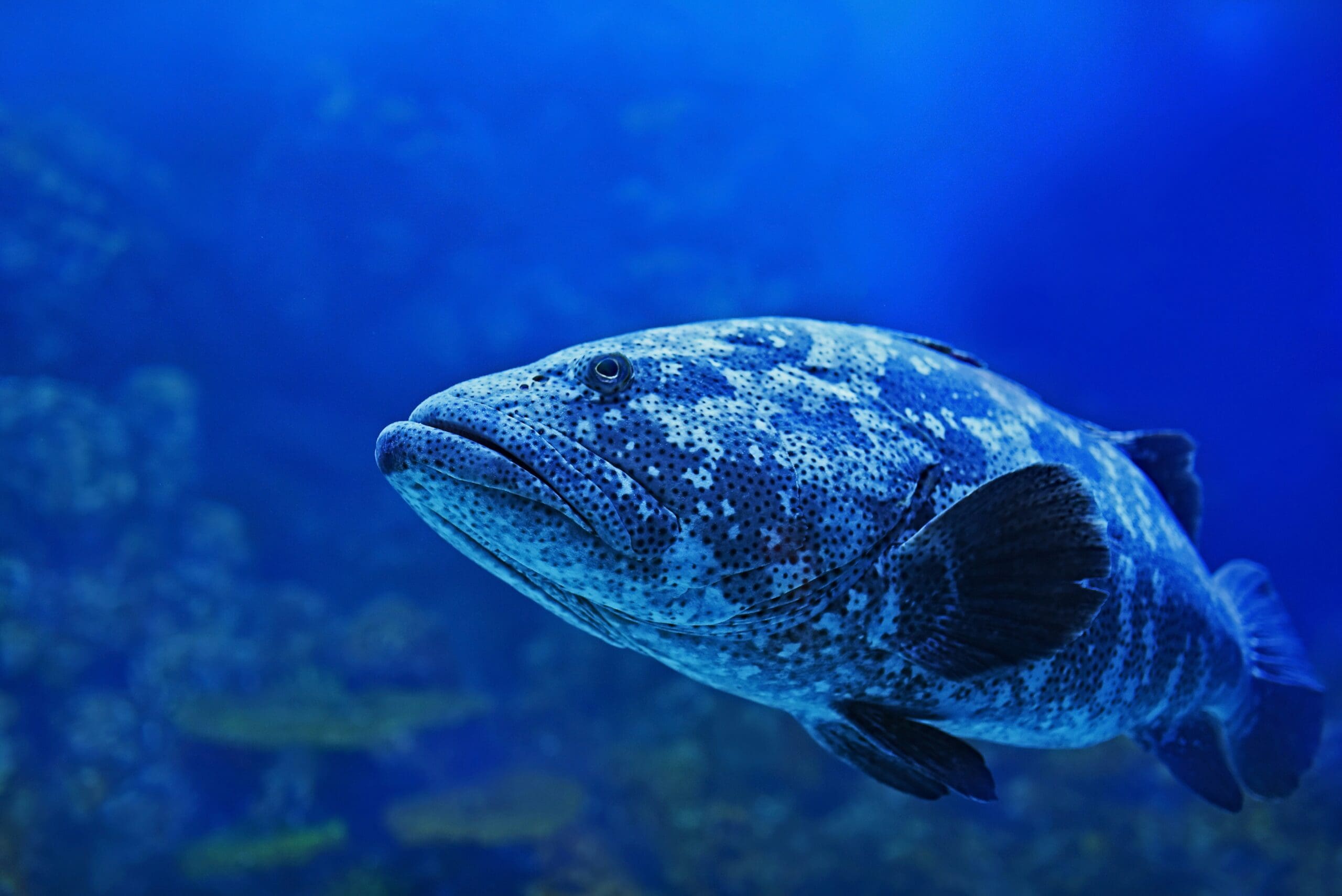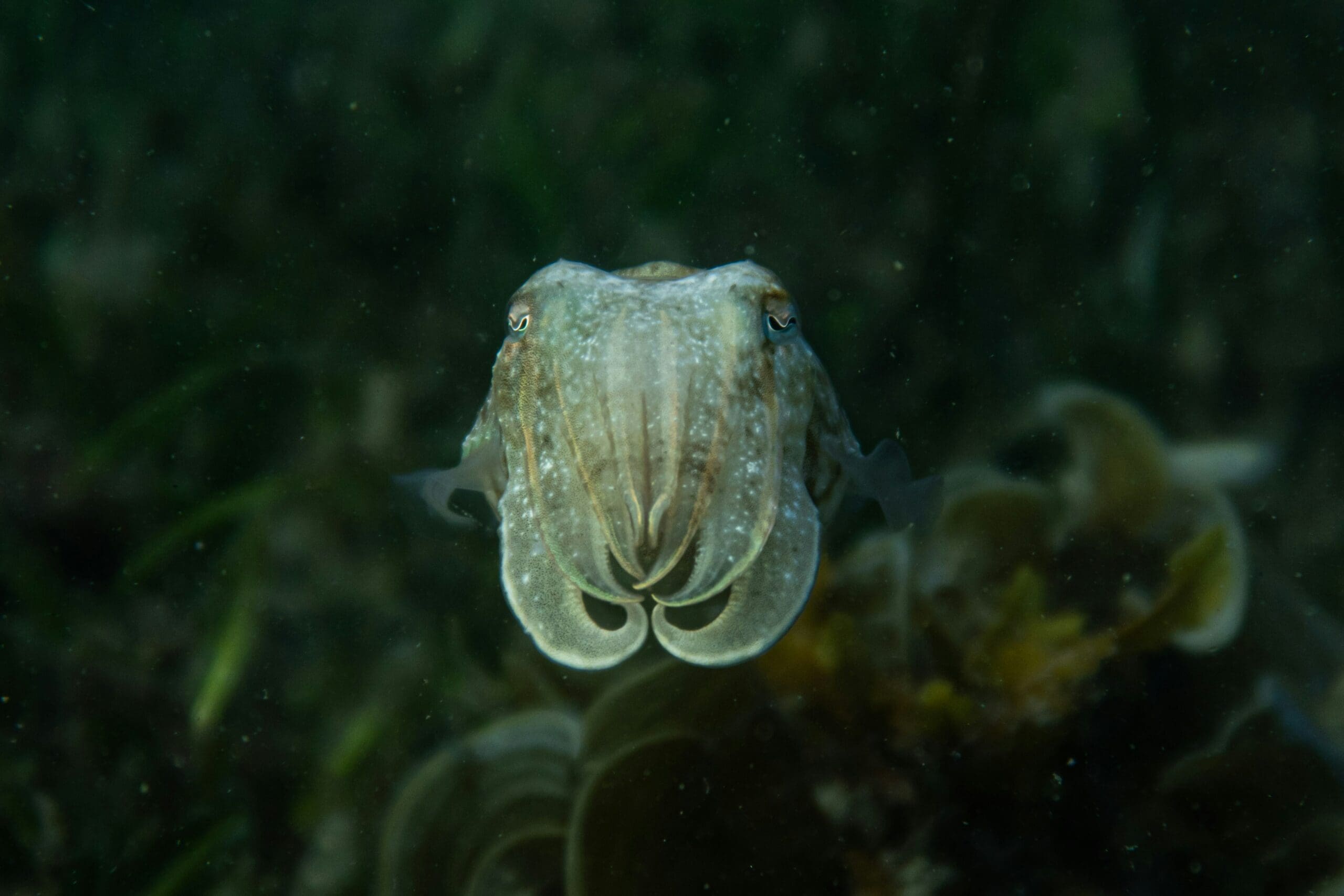Croatia
Country Name: Croatia
Capital City: Zagreb
Population: 4 million
Official Language: Croatian
Currency: Croatian Kuna (HRK)
Time Zone: Central European Time (CET)
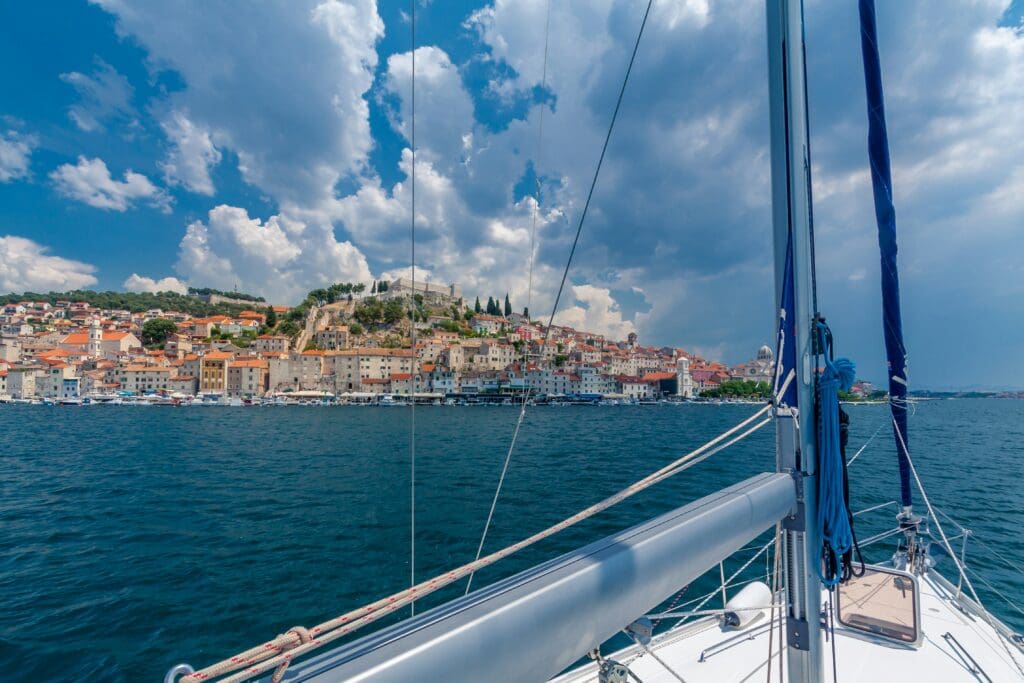
![[object Object]](https://techdivetravels.com/wp-content/uploads/2024/06/scuba-diving-location-guide-croatia5-scaled.jpg)
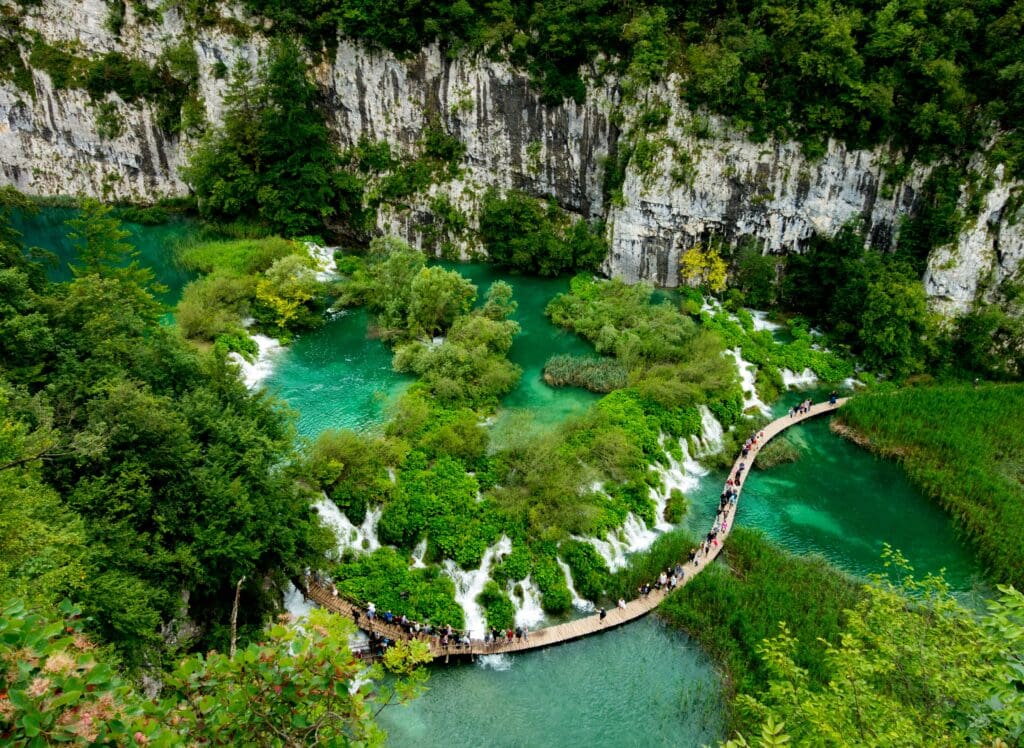
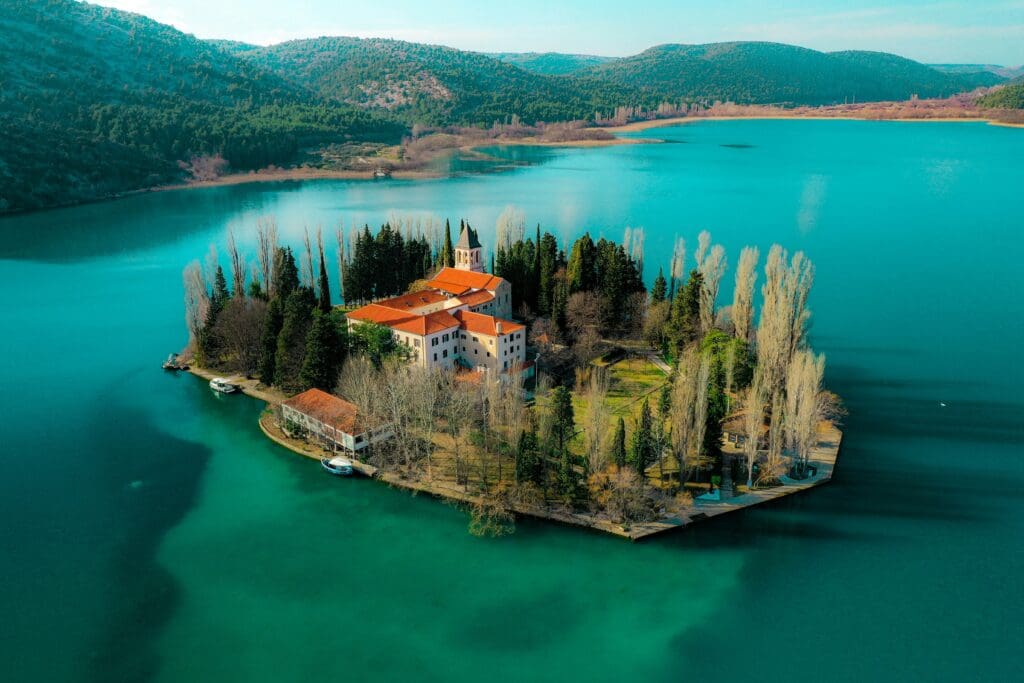
Diving Overview
Croatia is a place many adventure divers do not know about. The country has clear, warm waters that are perfect for diving and offer many different underwater environments. The sea floor of Croatia is covered in historical wrecks which have become artificial reefs with abundant marine life.
- Number of Dive Sites: Over 100
- Types of Diving: Reef, wreck, cave, wall
- Marine Biodiversity Highlights: Adriatic sponges, octopuses, lobsters, and various species of fish
- Average Water Temperatures: 16-24°C (61-75°F)
- Visibility Range: 15-30 meters (49-98 feet)
Important Information
Optimal Dive Seasons
May to October, with peak conditions in July and August
Major Airports
Zagreb Airport, Split Airport, Dubrovnik Airport
The Travel Tip
Pack a 5mm wetsuit for most regions; 3mm wetsuit sufficient for summer months
Weather Patterns
Warm Mediterranean climate with hot summers and mild winters
Internal Transportation
Ferries, buses, and car rentals widely available
Attractions
Ancient Roman ruins, medieval towns, stunning national parks, and vibrant local festivals
Top Dive Regions
There are walls that drop dramatically into the dark depths below; caves lined with stalactites and stalagmites; coral gardens blooming with color. Some of the best known sites include Baron Gautsch near Rovinj, Blue Hole off Biševo Island, and underwater tunnels around Pakleni Islands where you can go exploring for hours on end without seeing daylight again!

Istria
Known for its historical wrecks and diverse marine life.

Kvarner Gulf
Offers spectacular underwater landscapes and caves.

Dalmatian Coast
Features crystal-clear waters, underwater cliffs, and rich biodiversity.

Dubrovnik
Famous for its walls and rich history, with exciting underwater archaeology.
Marine Life
Besides these magnificent views beneath the surface there also swim various Mediterranean creatures such as nudibranchs displaying their vibrant hues or octopi lurking between rocks or fish swarming around like schools. If you are interested in history then this place is definitely for you too because WW2 ships aren’t that rare here either!
Common Species: Groupers, octopuses, cuttlefish, sea breams, and Adriatic sponges
Seasonal Highlights: Increased sightings of dolphins and rare fish species in the summer months
-
Best time to dive in Vis Island
Diving in Vis Island, Croatia offers an extraordinary underwater adventure that appeals to both novice and experienced divers. Known for its crystal-clear waters, diverse marine life, and intriguing shipwrecks, Vis Island is a premier diving destination in the Adriatic Sea.…
-
Dive sites in Vis Island
Introduction When you think of Vis Island, a haven for diving enthusiasts, imagine a destination where azure waters meet a historical tapestry beneath the sea surface. Nestled in the heart of the Adriatic Sea, Vis Island offers a kaleidoscope of…

